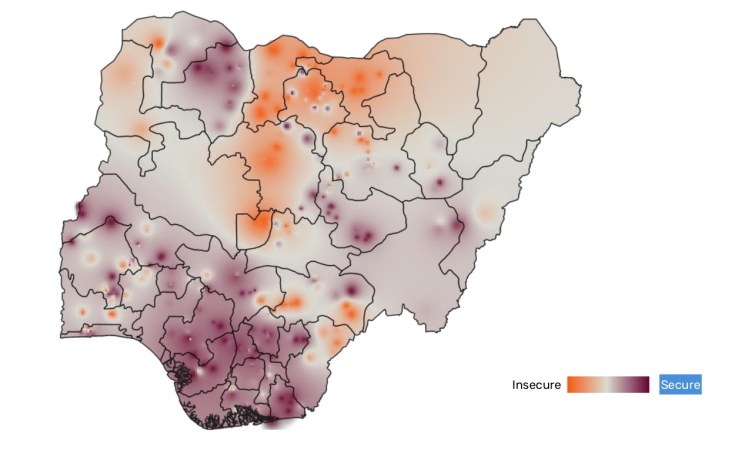Cape Town — Tens of millions of urban dwellers in Sub-Saharan Africa live in fear of losing their homes against their will, a new study says.
The study, which its authors describe as "ground-breaking", shows that in 18 countries surveyed, nearly 32 million adults in urban areas are "insecure in their rights to their home and land."
Projected across all of Sub-Saharan Africa, "that means there could be more than 60 million adults living in urban areas... who are tenure insecure," the study adds, and if the trend continues, the insecurity could afflict more than 210 million by 2050.
Measuring security of tenure is one of the indicators used to assess progress in attaining the first of the Sustainable Development Goals, which is the eradication of poverty.
The study was carried out by Prindex, an initiative launched by two think tanks – the Global Land Alliance and the London-based Overseas Development Institute (ODI) – with support from the Omidyar Network. It also covered countries in South-East Asia, Latin America, North Africa and the Middle East and, in Europe, the United Kingdom.
Surveyed on their expectations for the next five years, one in four adults across 33 countries said they were likely or very likely to lose their homes.
Anna Locke of the ODI said the survey showed for the first time "that every morning, hundreds of millions of people around the world wake up fearing they might lose their home. This should make us reconsider how we think about development."
The findings were "alarming", added Malcolm Childress of the Global Land Alliance: "People who are insecure in their homes often struggle to plan for their future, invest money or get an education."
Locke said a finding that women felt less secure than men in event of divorce or death of their partner was "particularly striking – it shows there is a long way to go in meeting the aspiration of equal economic rights for women worldwide."
The survey showed that although in general Sub-Saharan Africans perceive they have less security of tenure than do people living in other parts of the world, there was one particularly surprising exception. Of the 33 nations surveyed, Rwanda did best, with only eight percent of urban dwellers feeling their tenure threatened – fewer than in the United Kingdom.
Burkina Faso and Liberia did worst, with 44 percent and 43 percent of adults respectively fearing losing their homes. In Burkina Faso, respondents cited their biggest fears as being government seizures of their property, family disputes, company seizures and problems with local and customary authorities. Family disputes ranked high among the worries of Liberians as well.also.
The percentage of people feeling at risk in their homes in other countries surveyed, ranging from those feeling most insecure to least insecure:
- Benin 34 percent, Nambia 32 percent, Cameroon 31 percent;
- Côte d'Ivoire, Kenya and Niger 28 percent, Zambia 27 percent, Ghana and Uganda 26 percent;
- Madagascar 25 percent, Mozambique 24 percent, Nigeria 22 percent, Malawi, Senegal and Tanzania 21 percent.
Other reasons for tenure insecurity cited: government seizures in Malawi, Rwanda and Senegal; family disputes in Ghana; concern at owners or renters asking people to leave in Madagascar and Rwanda; and death of a household member in Nigeria, Ghana and Niger.
Details from Prindex >>


